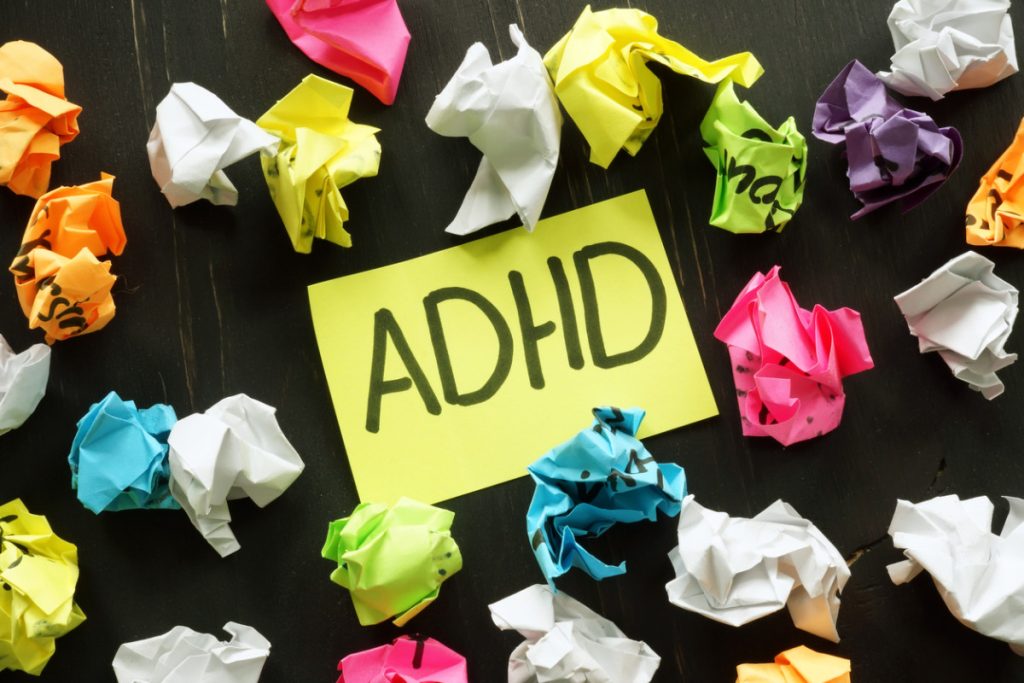Life is a journey filled with twists and turns, and for many adults, this journey includes managing ADHD and anxiety. While these conditions may have been initially diagnosed in childhood, they often continue to affect individuals well into adulthood. However, adulthood offers unique challenges and opportunities for redefining life with ADHD and anxiety. Firstly, it is essential to understand that ADHD and anxiety can coexist, and their interplay can be complex. ADHD, characterized by difficulties in focusing, impulsivity, and hyperactivity, can sometimes exacerbate anxiety. The constant racing thoughts and the inability to sit still can trigger anxiety symptoms. On the flip side, anxiety can also worsen ADHD symptoms, making it harder to concentrate or stay organized. Managing these conditions as adults requires a multifaceted approach. One crucial aspect is self-acceptance.

Adults with ADHD and anxiety may have spent years feeling like they do not quite fit in or comparing themselves to their neurotypical peers. Embracing who you are and recognizing that these conditions are a part of you is the first step toward managing them effectively. Organization and structure become paramount in the lives of adults with ADHD. Establishing routines, using calendars, and setting reminders can help individuals stay on track. Breaking tasks into smaller, manageable steps can make overwhelming projects more achievable. Mindfulness and relaxation techniques can also be beneficial for managing anxiety. Deep breathing exercises, meditation, and yoga can help calm the mind and reduce the symptoms of anxiety. Regular physical activity is another powerful tool, as it not only releases endorphins but also helps burn off excess energy common in ADHD. Medication, prescribed by a qualified healthcare professional, is another option for managing ADHD and anxiety. Medications can help improve focus and reduce anxiety symptoms. However, they should always be part of a comprehensive treatment plan that includes therapy and other non-pharmacological strategies.
Therapy, such as cognitive-behavioral therapy CBT, can be incredibly effective in helping individuals reframe their thinking patterns and develop coping strategies. Support groups can also provide a sense of community and understanding, allowing adults with adult adhd in women and anxiety to share their experiences and learn from others facing similar challenges. Lastly, finding a career and lifestyle that align with your strengths and interests can be transformative. Many adults with ADHD thrive in creative, dynamic, and entrepreneurial roles where their unique qualities are assets rather than liabilities. Embracing your strengths and passions can lead to a more fulfilling and purpose-driven life. In conclusion, managing ADHD and anxiety as adults is about redefining life on your terms. it is about embracing your unique neurodiversity, seeking the support you need, and developing strategies to thrive. With self-acceptance, organization, therapy, and the right balance of medication if necessary, adults can lead fulfilling lives while managing ADHD and anxiety. it is not about erasing these conditions from your identity but learning to dance with them on your journey through life.



